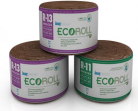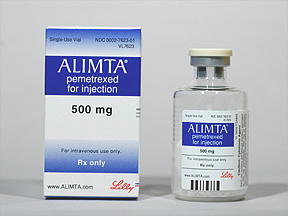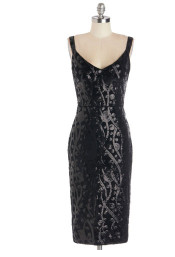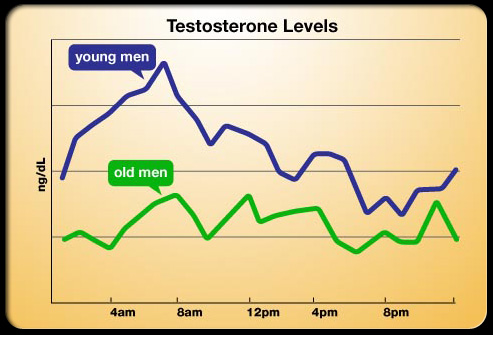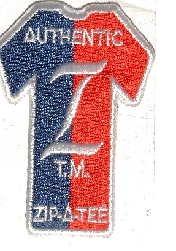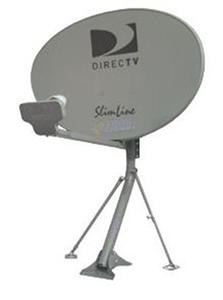
Indianapolis, Indiana – An Indiana intellectual property attorney for Archetype Ltd. (“Archetype”) of Short Hills, New Jersey sued in the Southern District of Indiana alleging that LTD Commodities LLC (“LTD”) of Bannockburn, Illinois infringed the trademark PathLights™.
Plaintiff Archetype contends that it has been marketing a distinctive and famous battery-operated motion-detection lighting system under the PathLights trademark since at least as early as 2009. It states that the overall look and feel of the PathLights product is non-functional and serves as a source identifier. In this Indiana lawsuit, Archetype accuses LTD of trade dress infringement, false designation of origin or sponsorship, passing off, and unfair competition.
Archetype indicates in the complaint that LTD is marketing, selling, and promoting a battery-operated motion-detection lighting product that is almost identical to Archetype’s PathLights product. It further claims that the accused LTD lights illustrated on LTD’s website are actually images of Archetype’s PathLights product and that the lighting products that consumers actually receive from LTD upon purchase of the LTD product are not an Archetype’s PathLights product but are, instead, a different, lower-quality light.
Defendant LTD is accused of “intentionally, willfully and deliberately pull[ing] a ‘bait and switch’ on consumers” and, in doing so, damaging Archetype’s sales volume and business reputation.
In this lawsuit, filed by an Indiana intellectual property lawyer for Archetype, the following counts are asserted:
• Count I: Trade Dress Infringement
• Count II: False Designation of Origin or Sponsorship and Passing Off
• Count III: False Advertising
• Count IV: Trade Dress Dilution
Archetype asks the court for judgment that LTD’s acts constitute trade dress infringement, unfair competition, false designation of origin and/or sponsorship, false advertising and trade dress dilution; for an award of LTD’s profits and actual damages, including corrective advertising, as well as trebling those damages pursuant to 15 U.S.C. § 1117; for an order that all accused LTD products and other accused materials be surrendered for destruction; for an injunction; and for an award of Archetype’s attorneys’ fees, costs and expenses.
The case was assigned to Chief Judge Richard L. Young and Magistrate Judge Denise K. LaRue in the Southern District of Indiana and assigned Case No. 1:15-cv-00106-RLY-DKL.
 Indiana Intellectual Property Law News
Indiana Intellectual Property Law News


